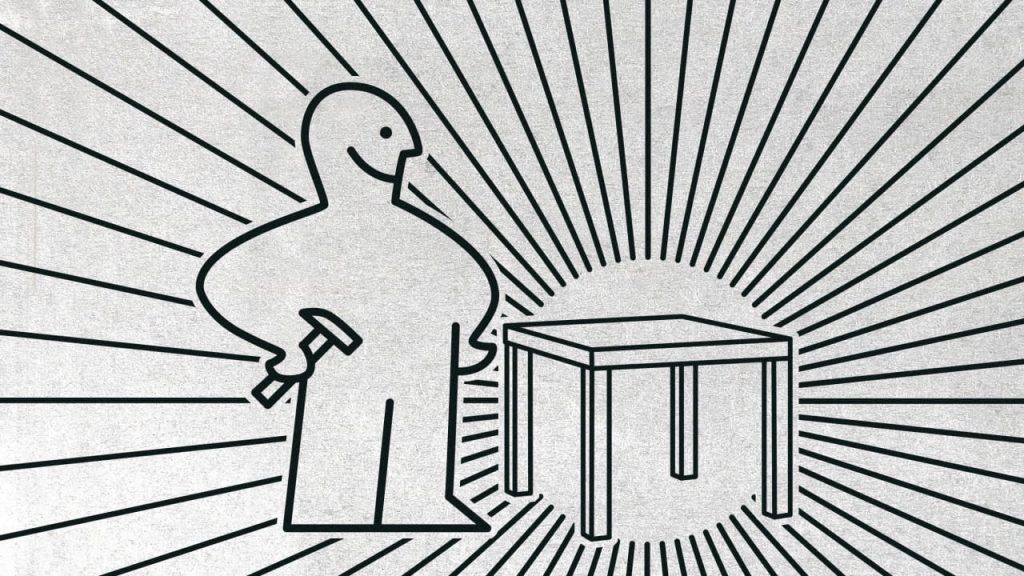“When dealing with people, remember you are not dealing with creatures of logic, but with creatures of emotion.” This blog is gonna start with this quote by Dale Carnegie. Because this quote explains a lot about human psychology. We have already talked about this subject in the first blog, click here to check that blog too. We are gonna discuss logical fallacies that we have not discussed in the previous blog.
Logical Fallacy of False Cause
There is such a slogan, “Correlation does not imply causation”. This slogan explains this fallacy very well. Such error happens when different events, objects, processes, states or some different things that are not connected are being unconsciously connected even though they may not be connected. For example, John is very good in math, thus he will be a great teacher. In this example you can see the main problem with this logical fallacy. When you look at this sentence, it sounds logical. But when you get into details, you will know that being a is not only about knowing the subject. Good teacher should have pedagogical skills, he must be a responsible person, etc. False Cause Fallacy can happen in any sector where there is a prognosing involved. Some businessmen can consider factors that weren’t connected to their success as something crucial.

False Dilemma
“There is always a choice”. This is a very cliché idea, but this is true. Risk is not something very rare in business. But, putting yourself in a very risky situation or extreme state, is not very productive. Sentences like this, “We may enter this sector, or go bankrupt”. It is a very critical state and most of the time this is not true. In this example, you may enter a whole different sector, or change strategy in this sector, or spend more on digital marketing, etc. Such logical fallacy can really bring business to the end.

IKEA Effect
This may not be the logical fallacy done by businessmen, but this error still must be discussed, because a lot of businesses are using this effect for their advantages.
IKEA has one factor that differentiate it from most of the other businesses. That factor is that they do not sell full products, they sell parts and customers build their full product out of details that IKEA sells. This gives IKEA 3 main benefits. First one is that it is faster and cheaper to produce details than the whole product. Second one is that shipping details is easier than big furniture. It is smaller and weighs less. Third one is in the name of this paragraph, the IKEA effect. When customers are participating in the creation of the product, they tend to give bigger morale value to this product. By this their loyalty to the brand grows and they want to have more such kinds of products that they have participated in creating.



